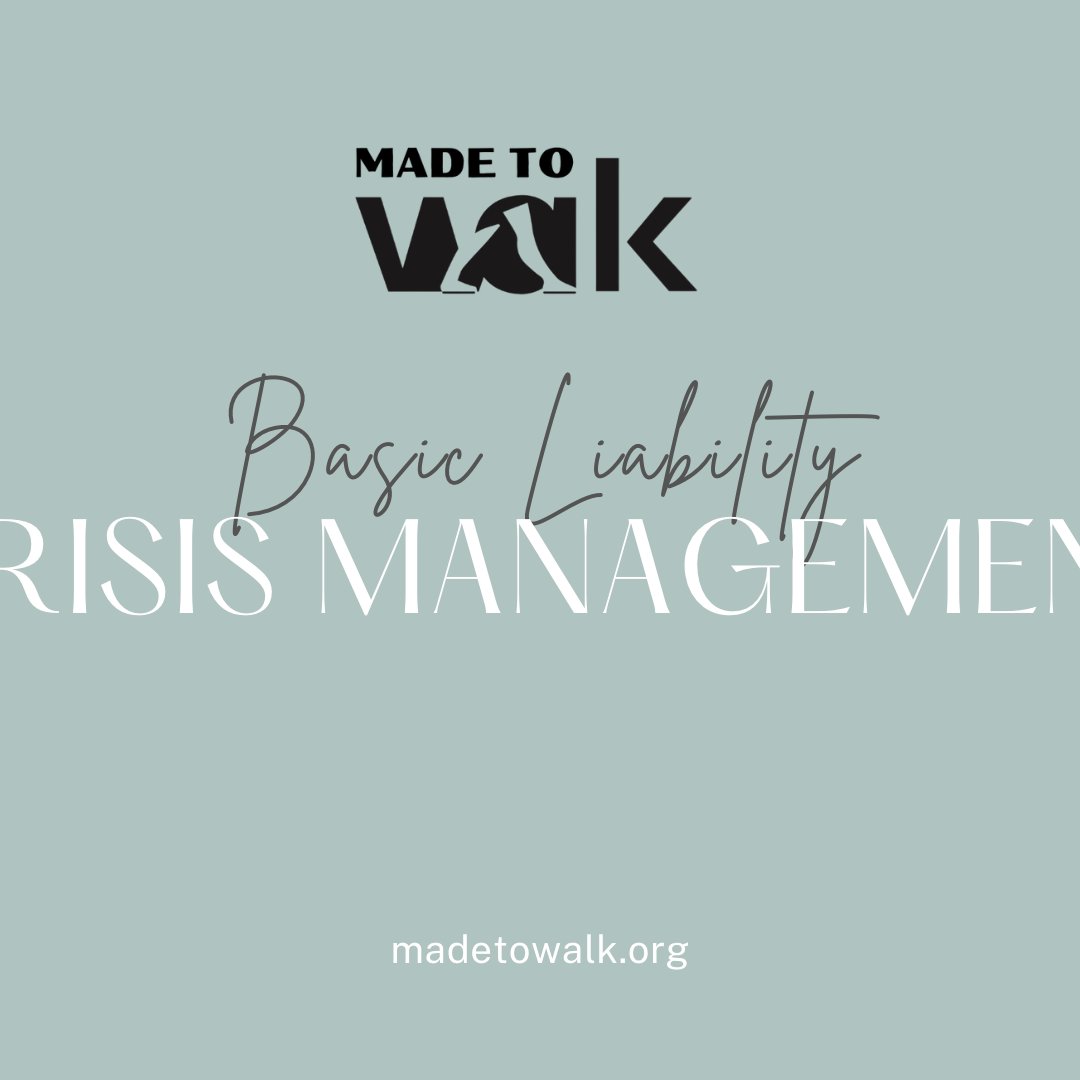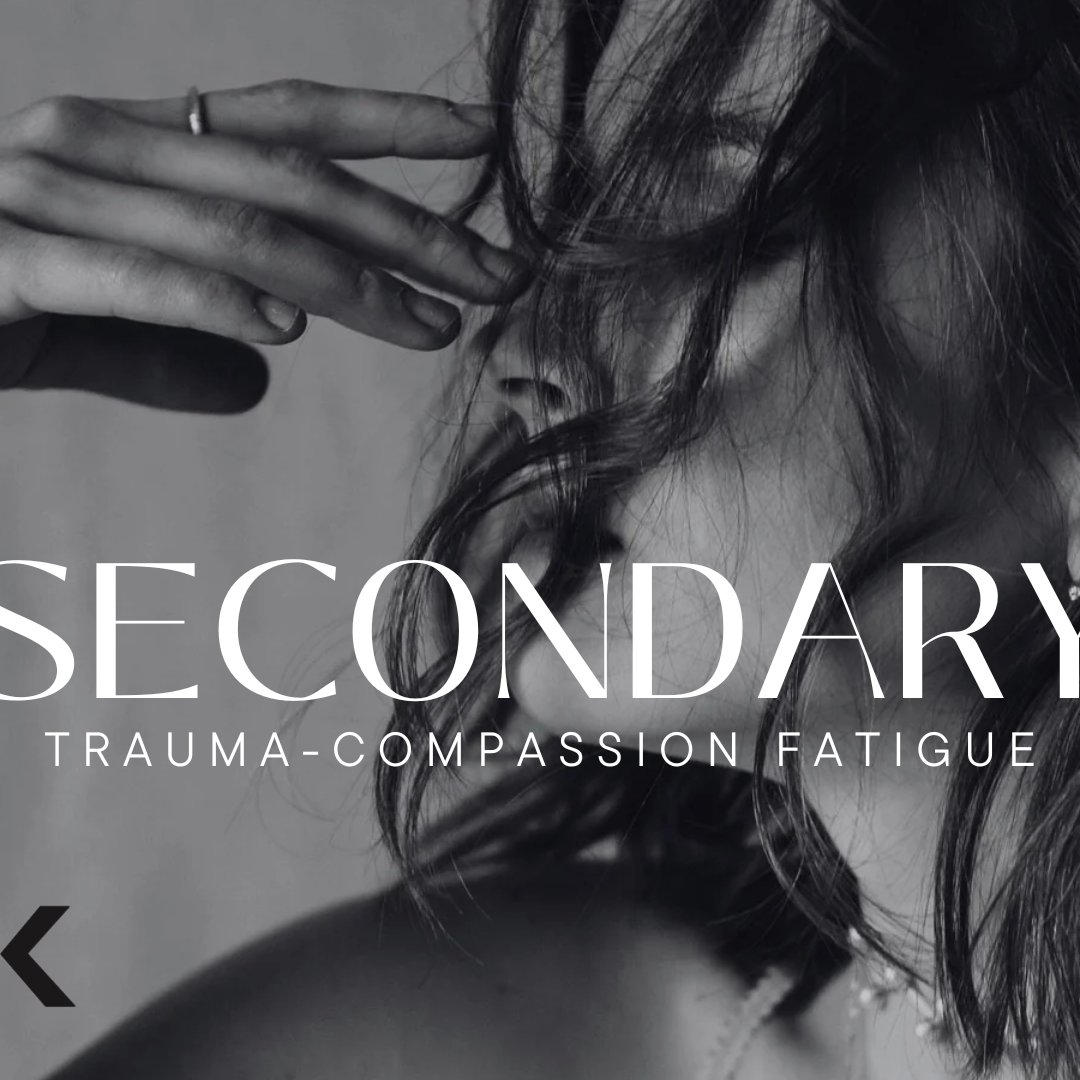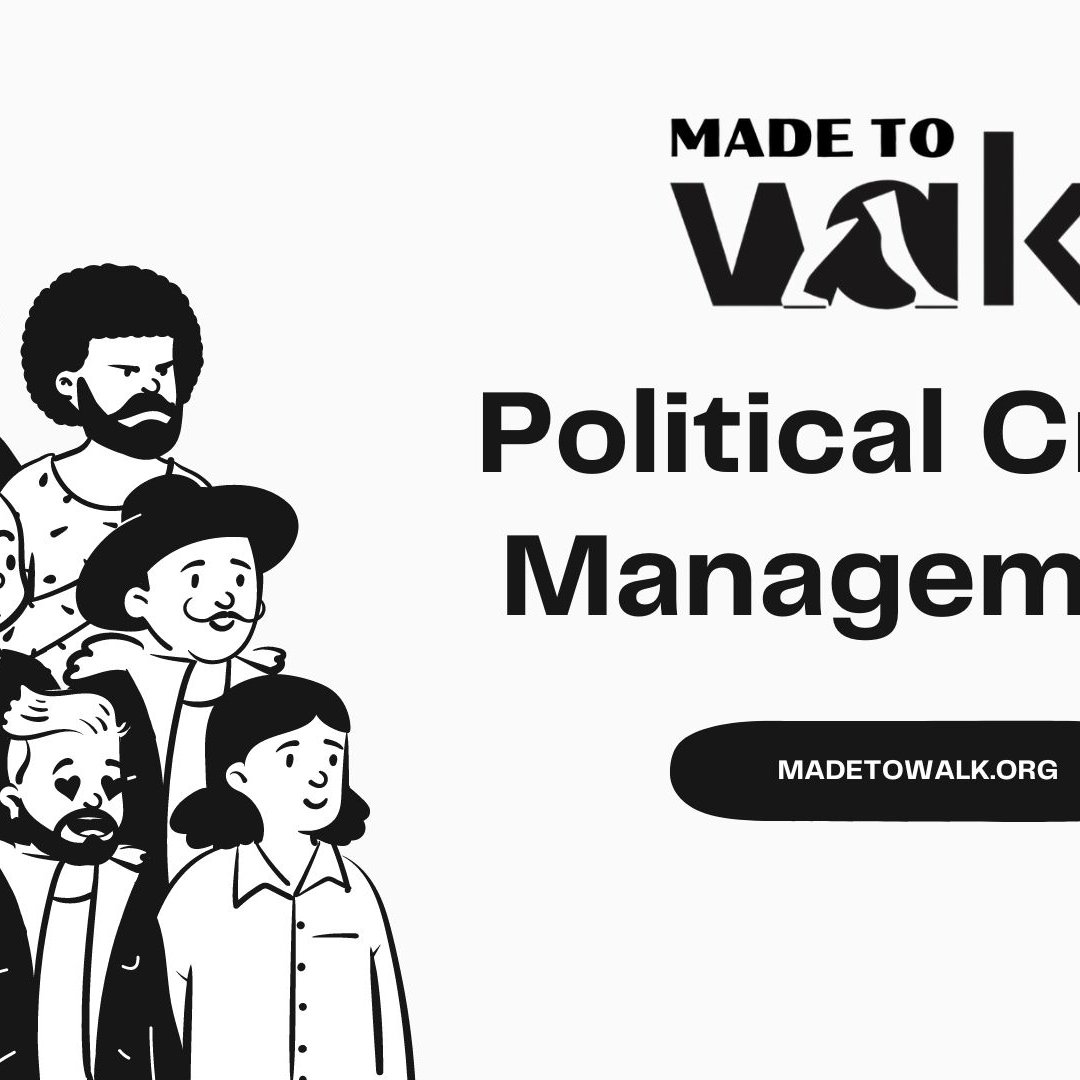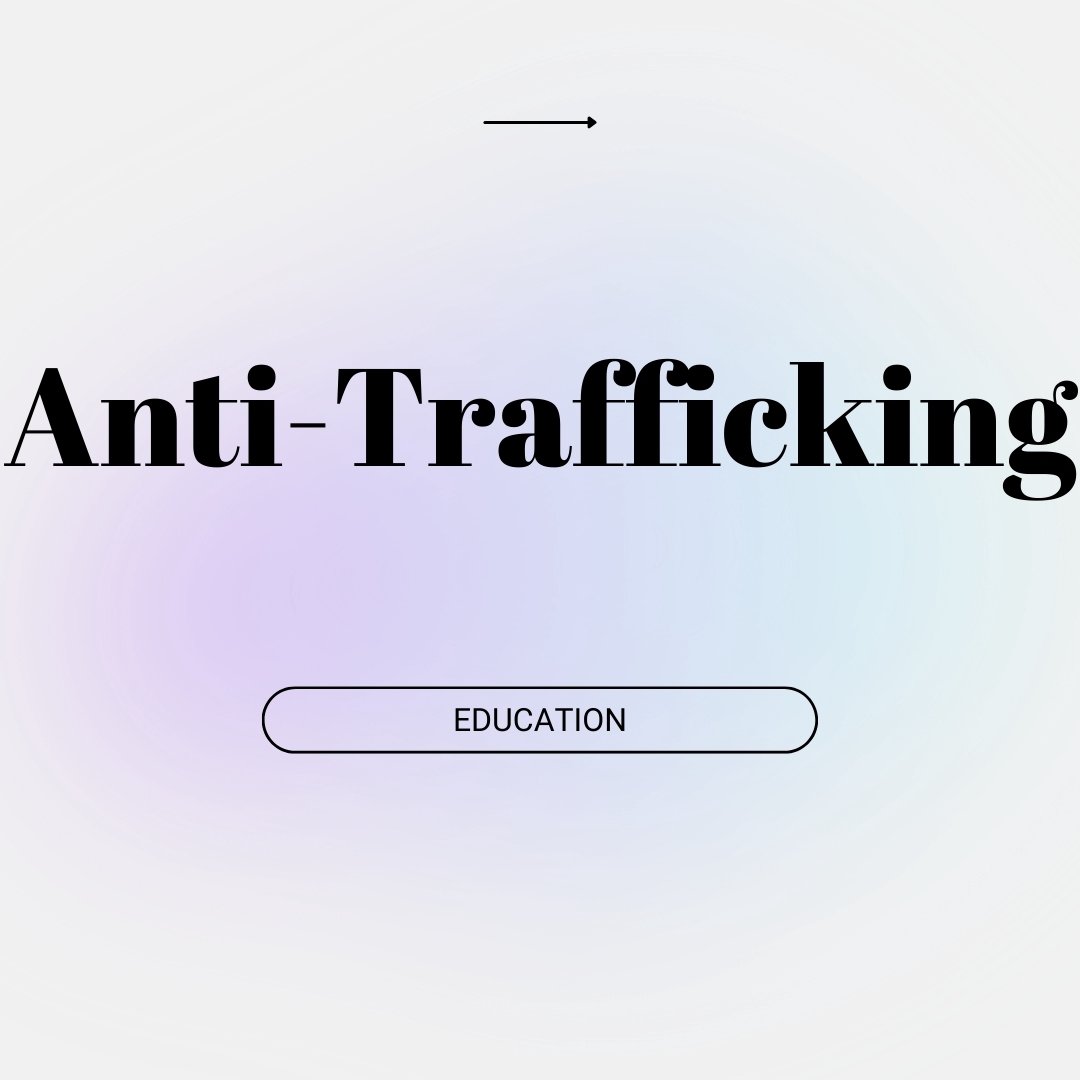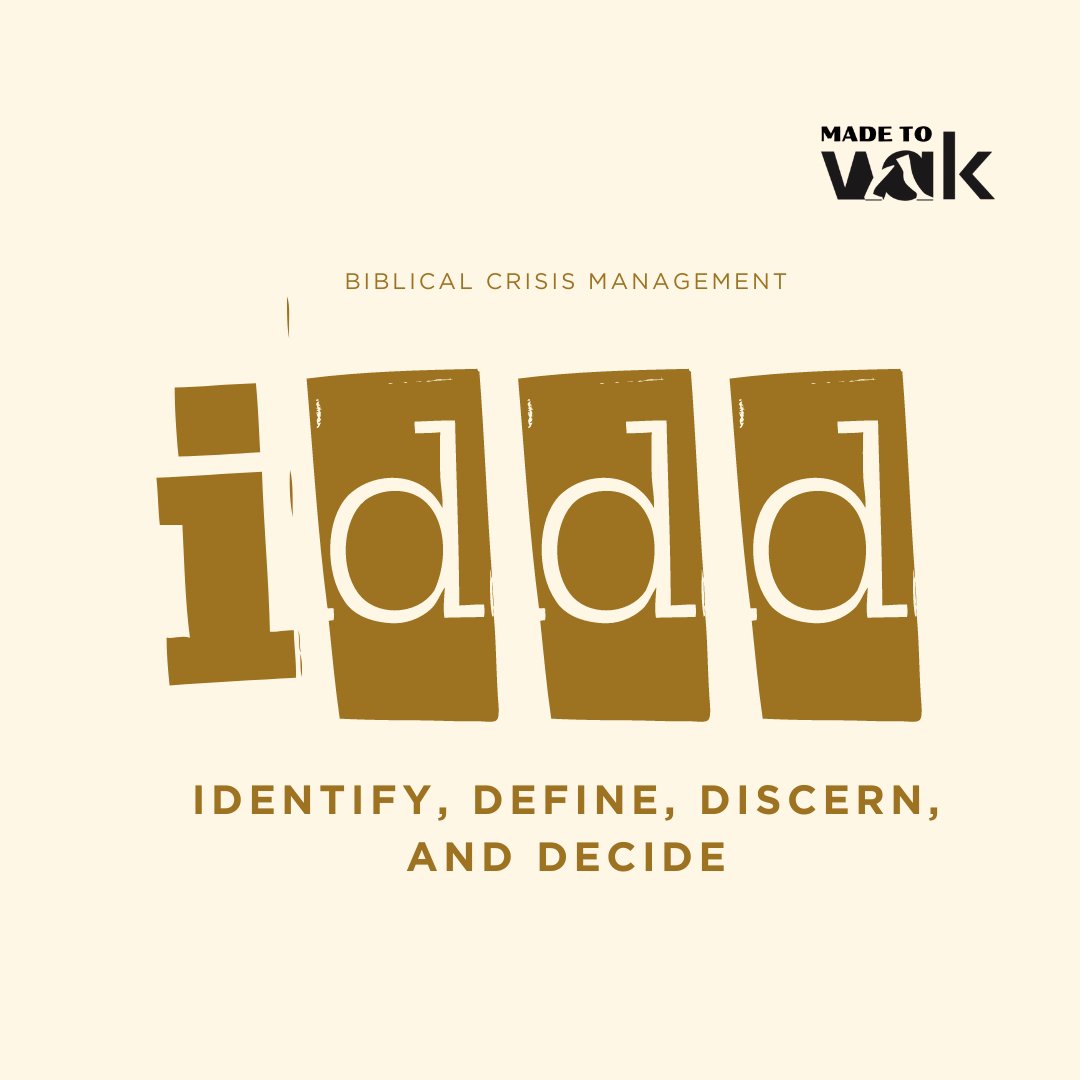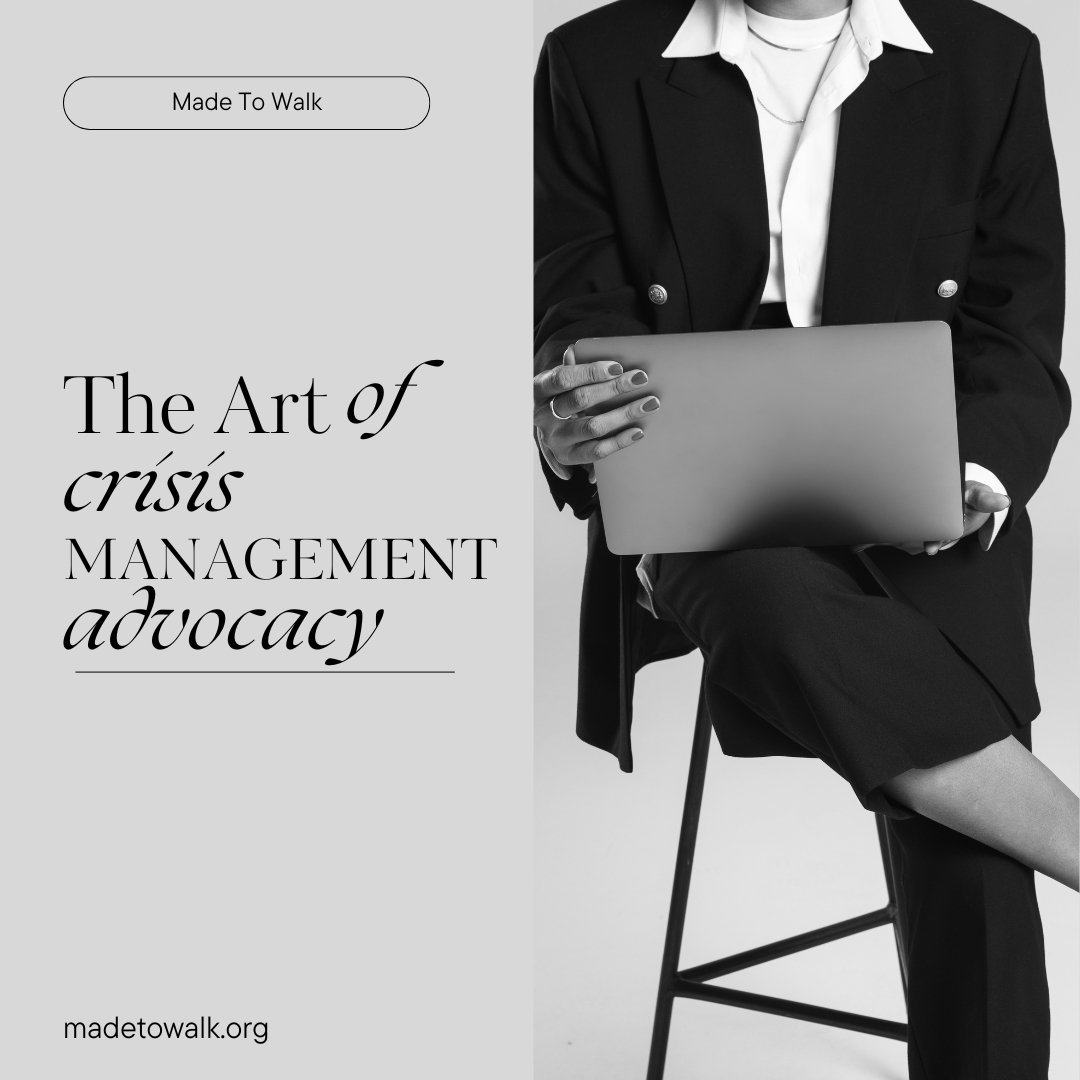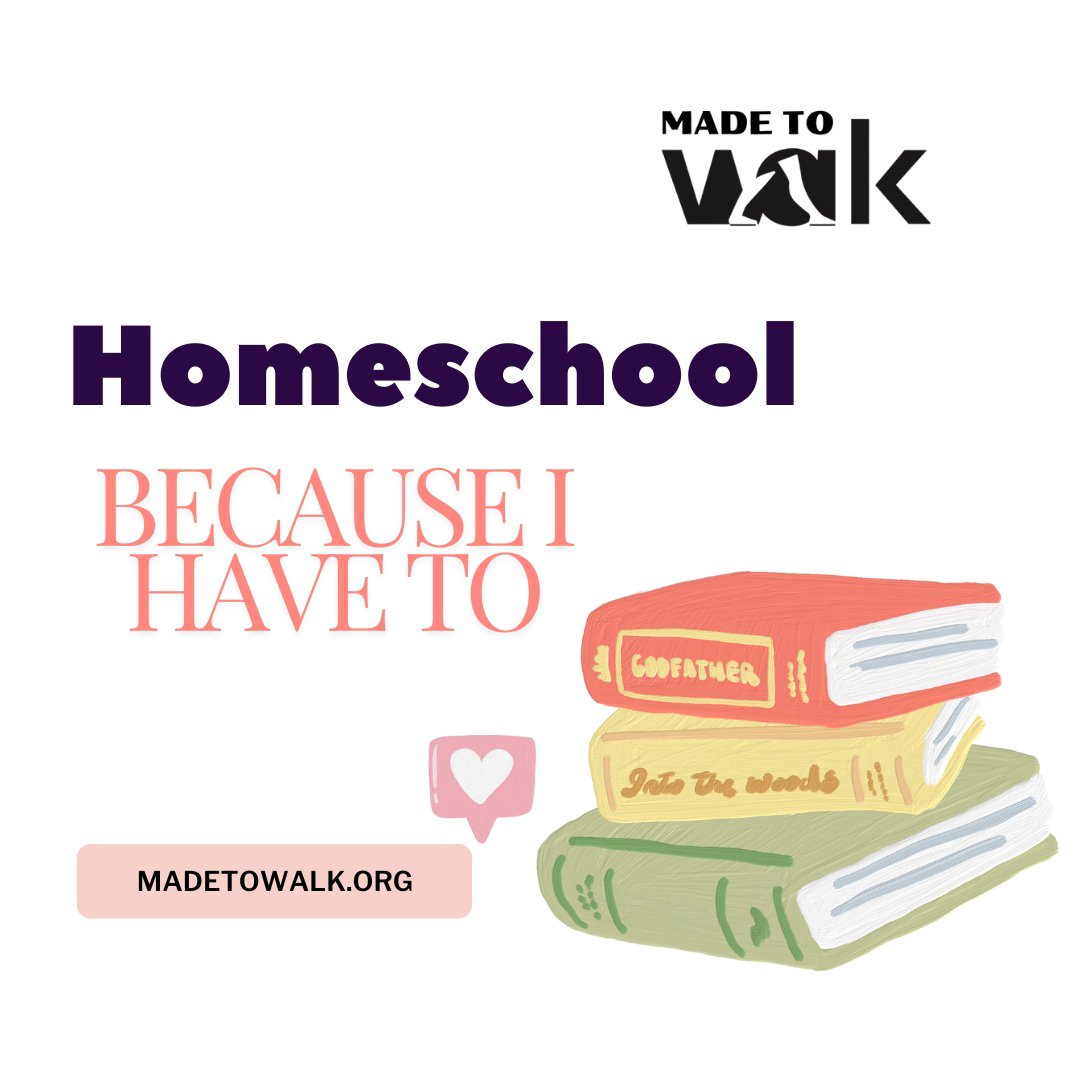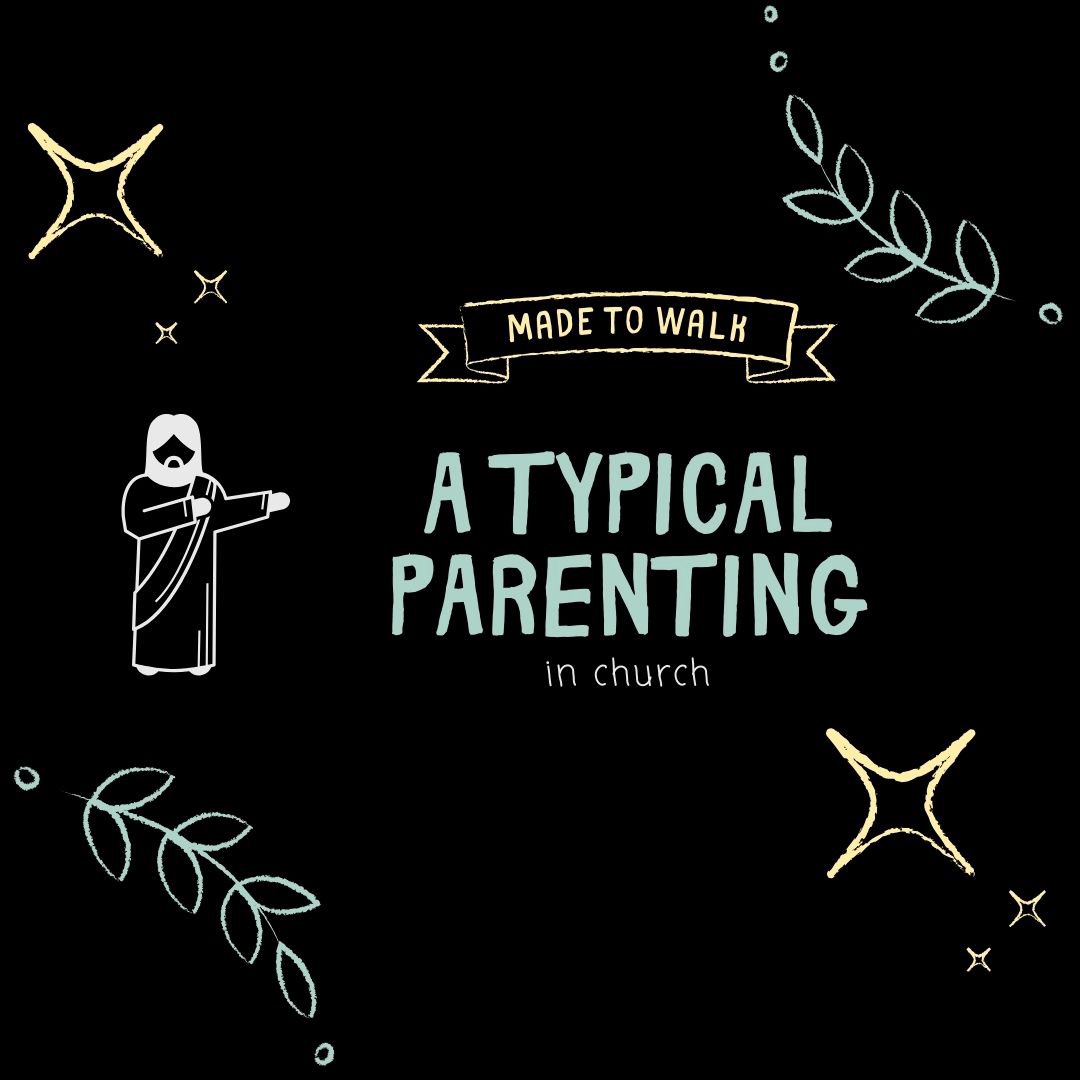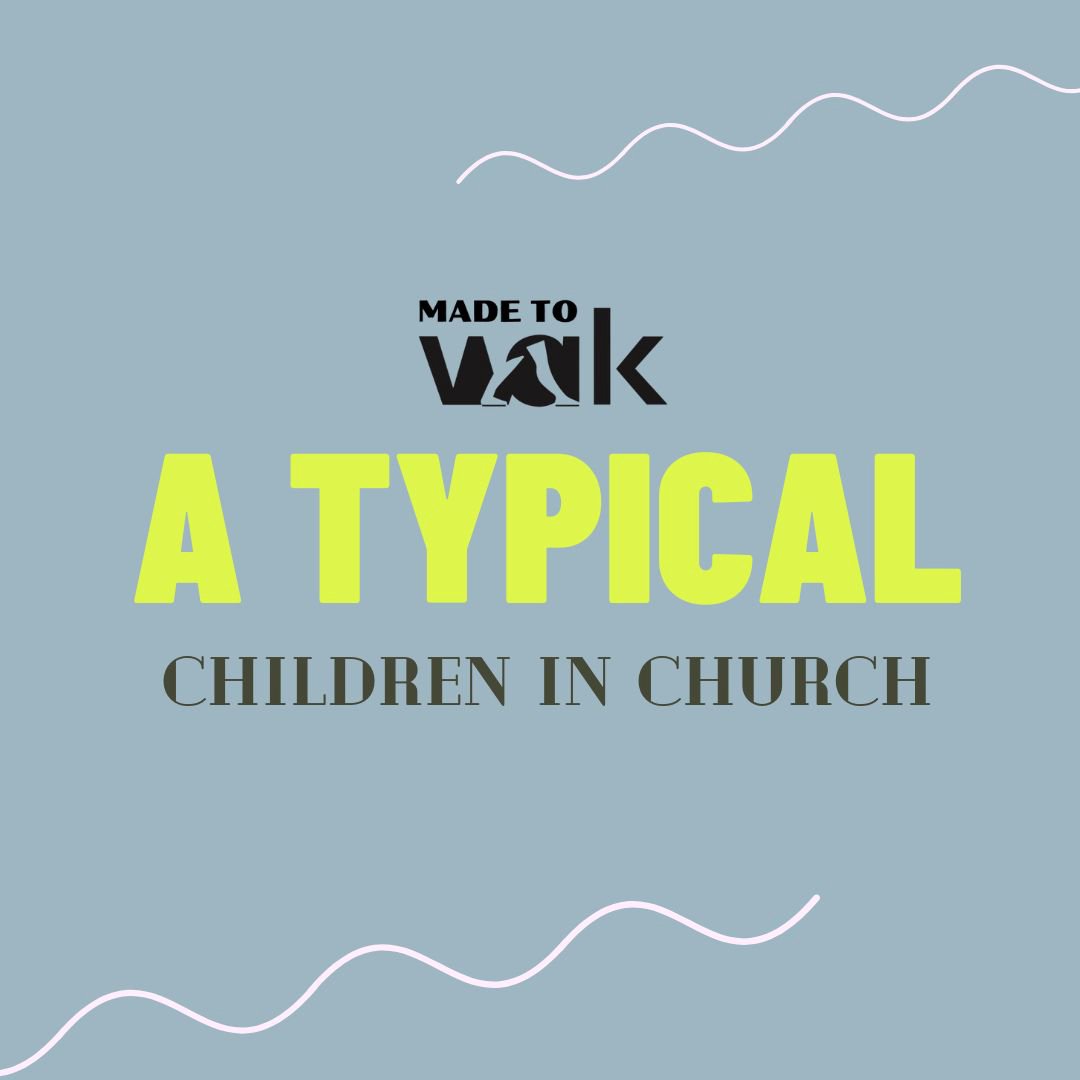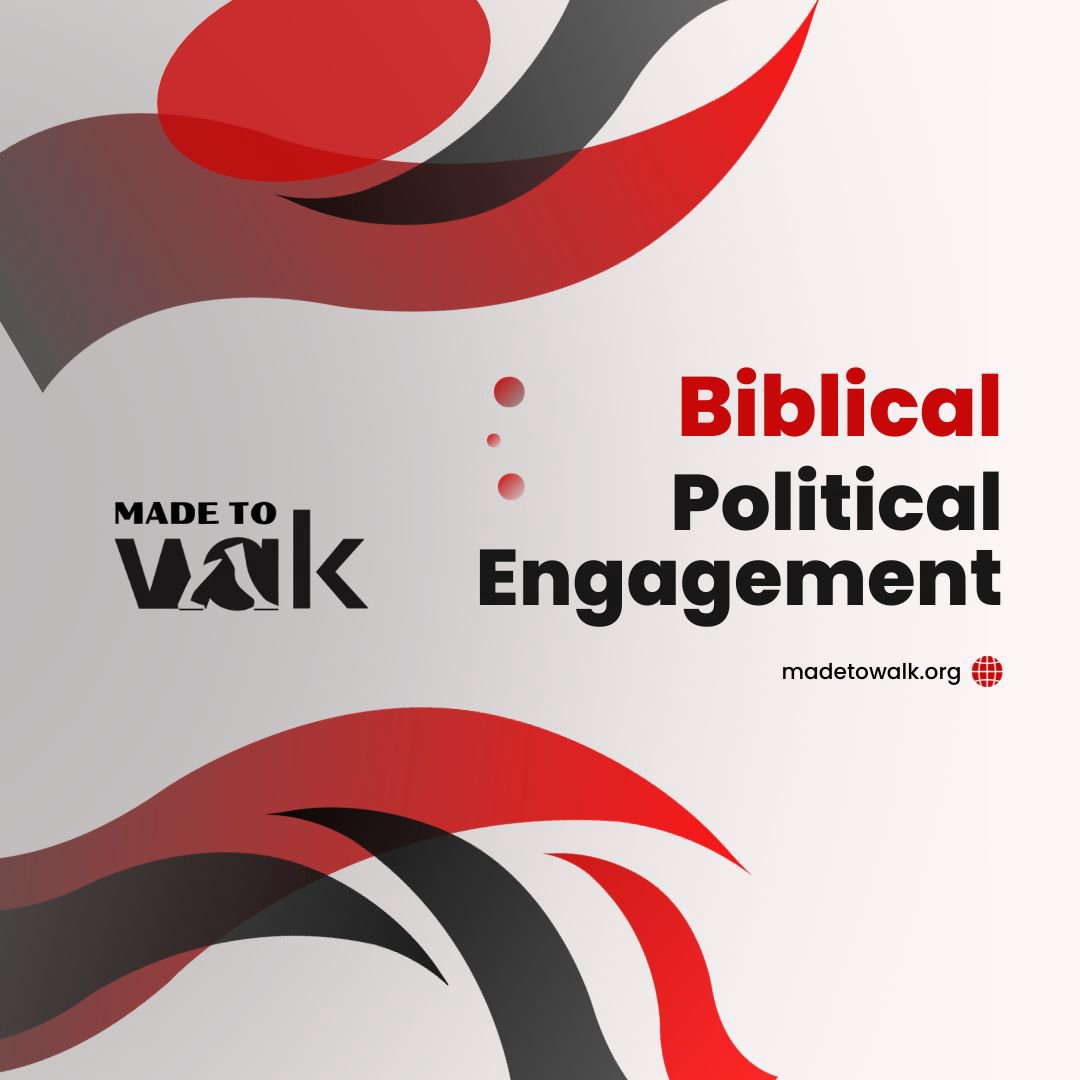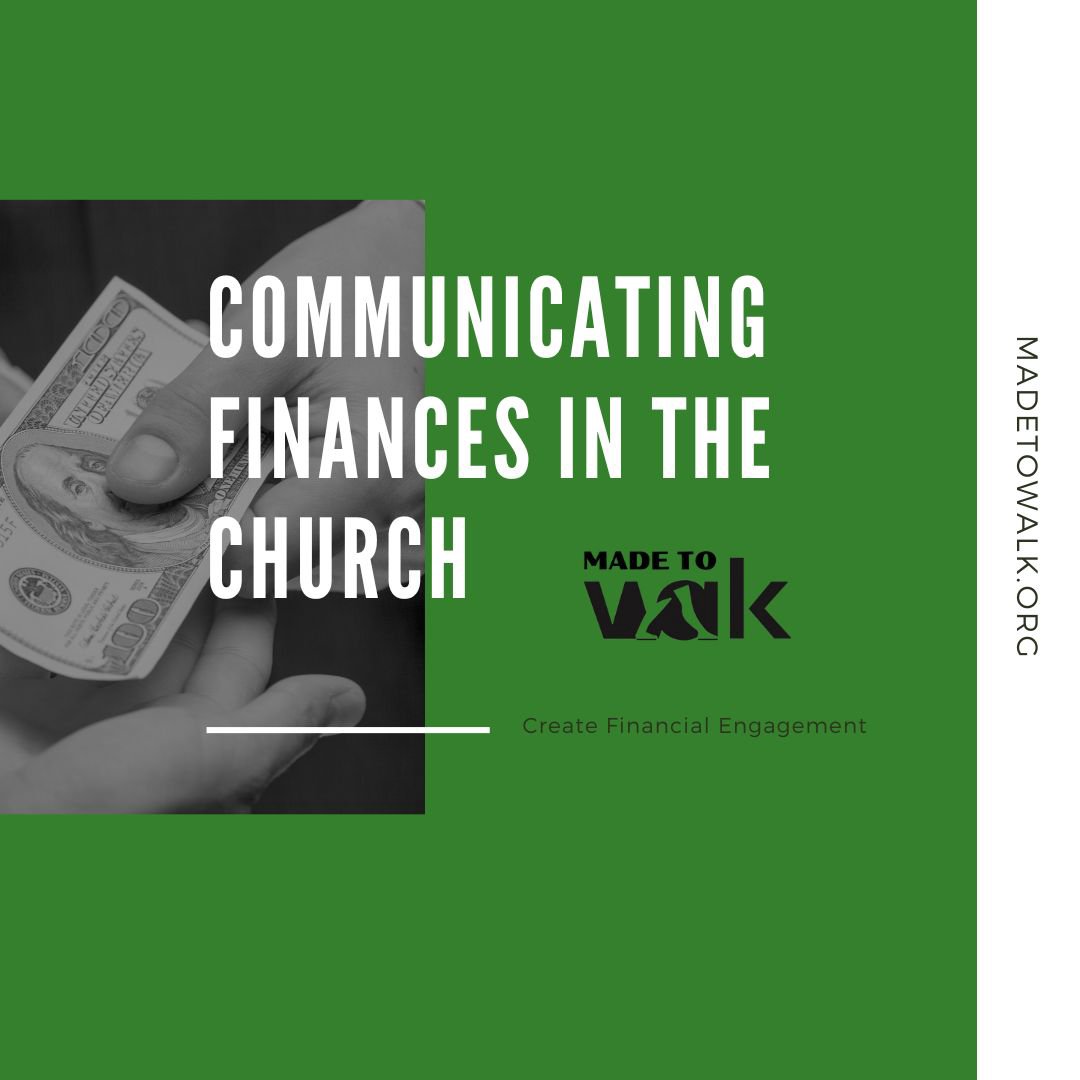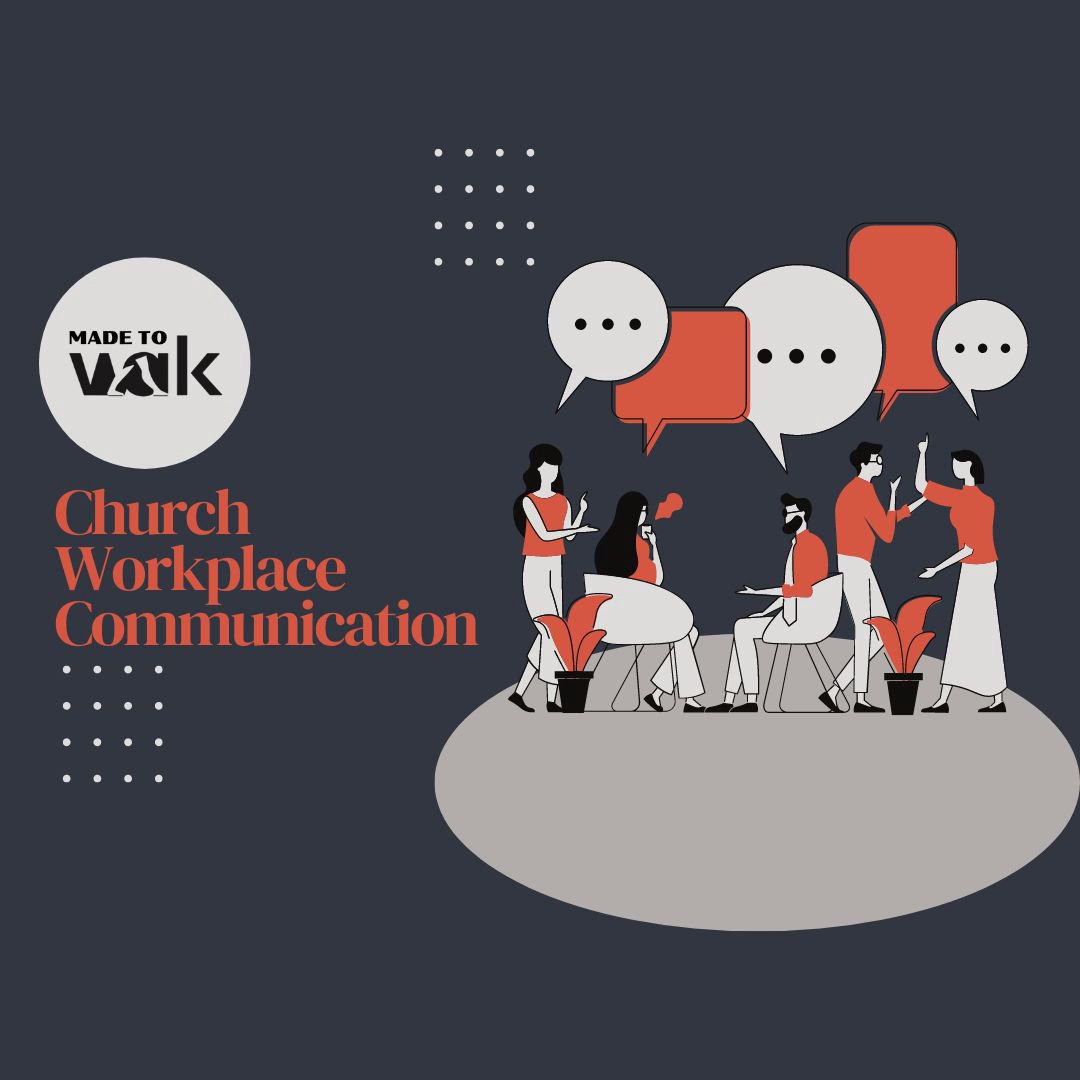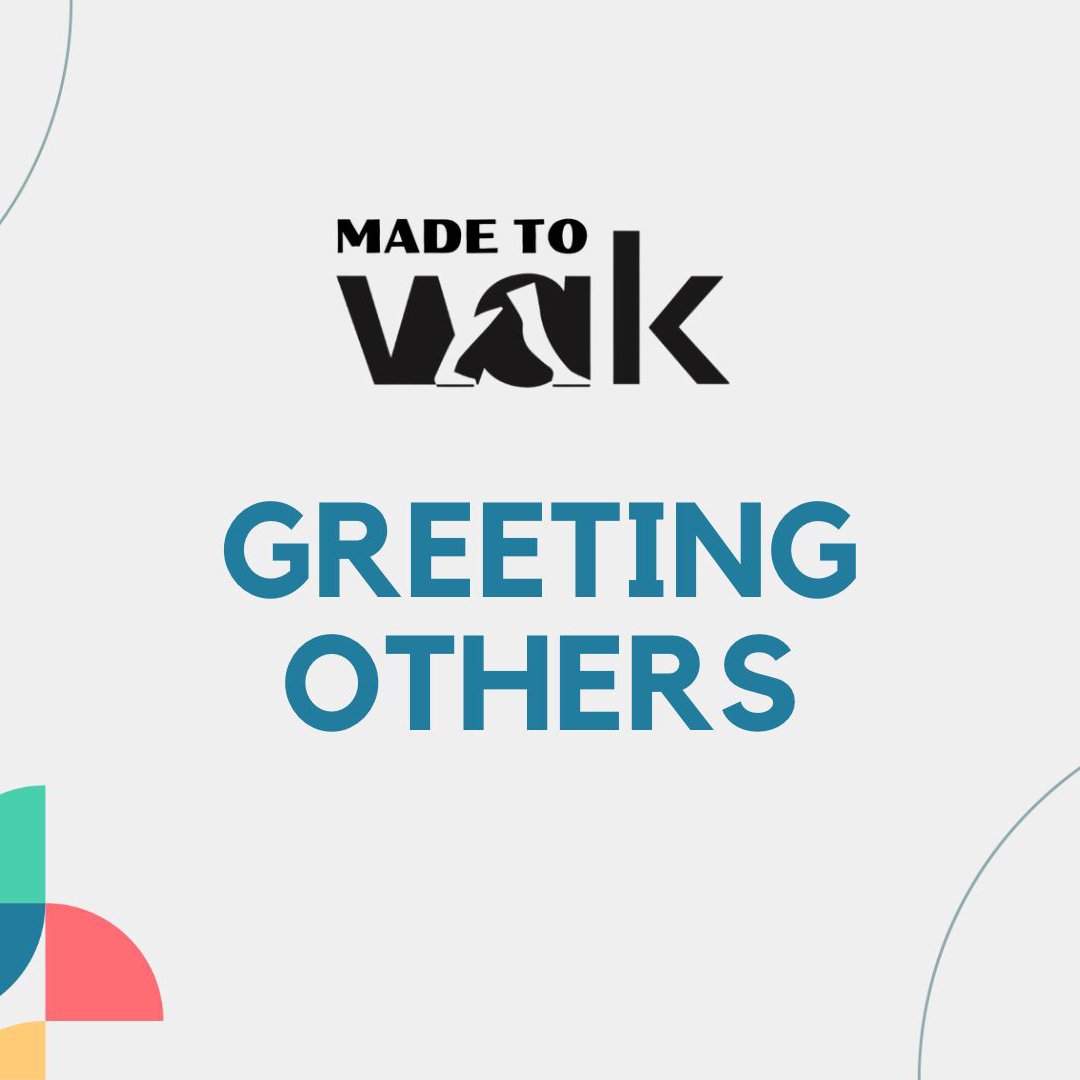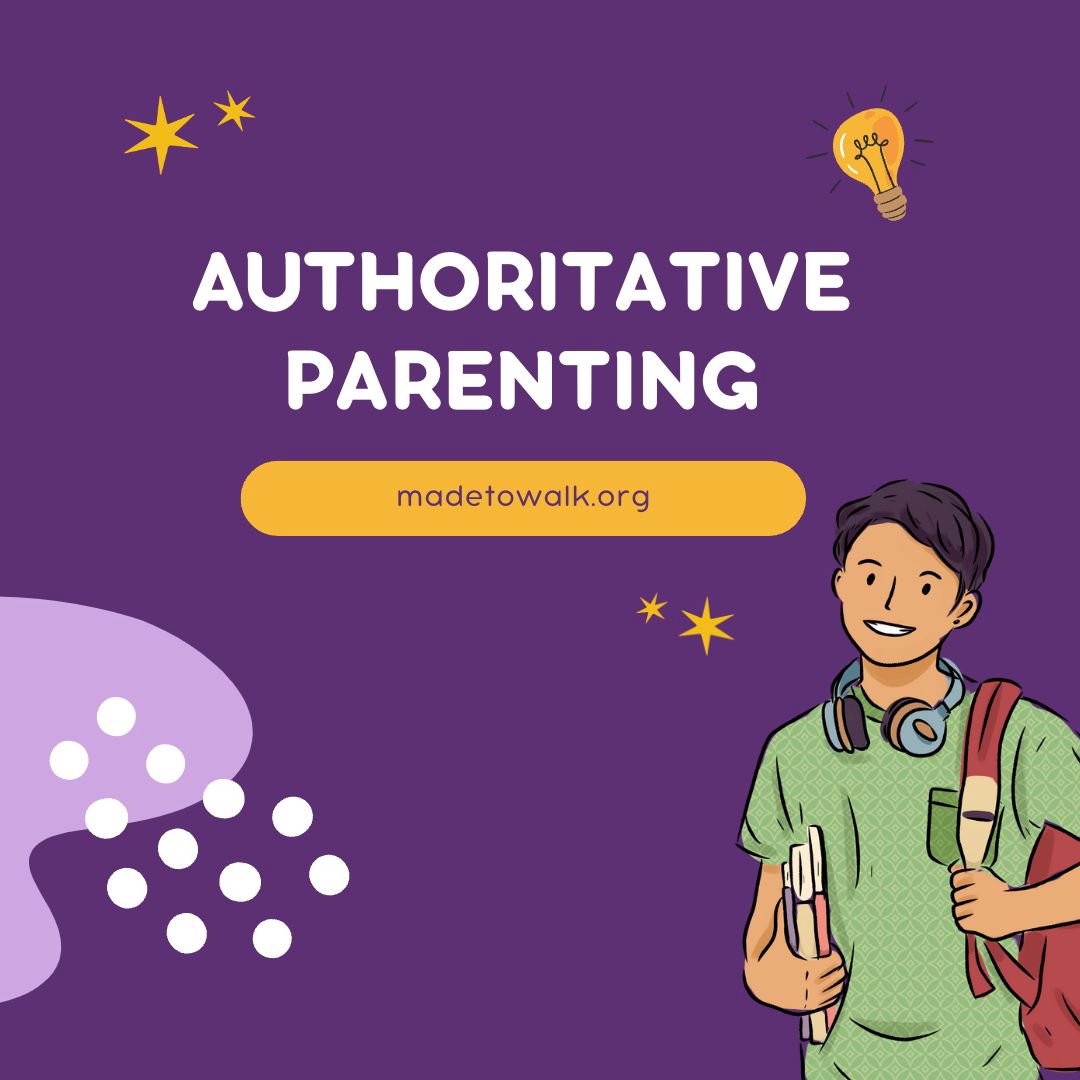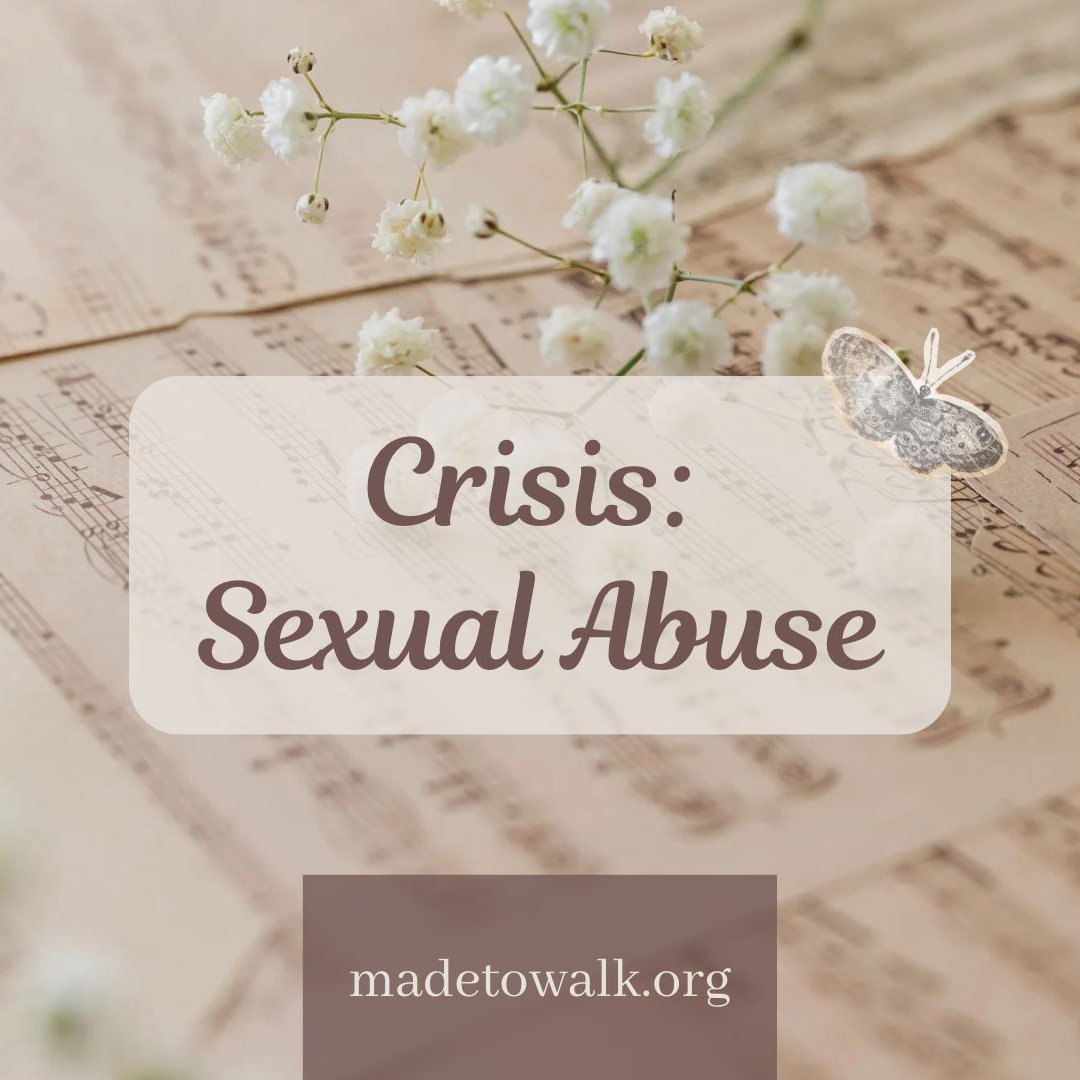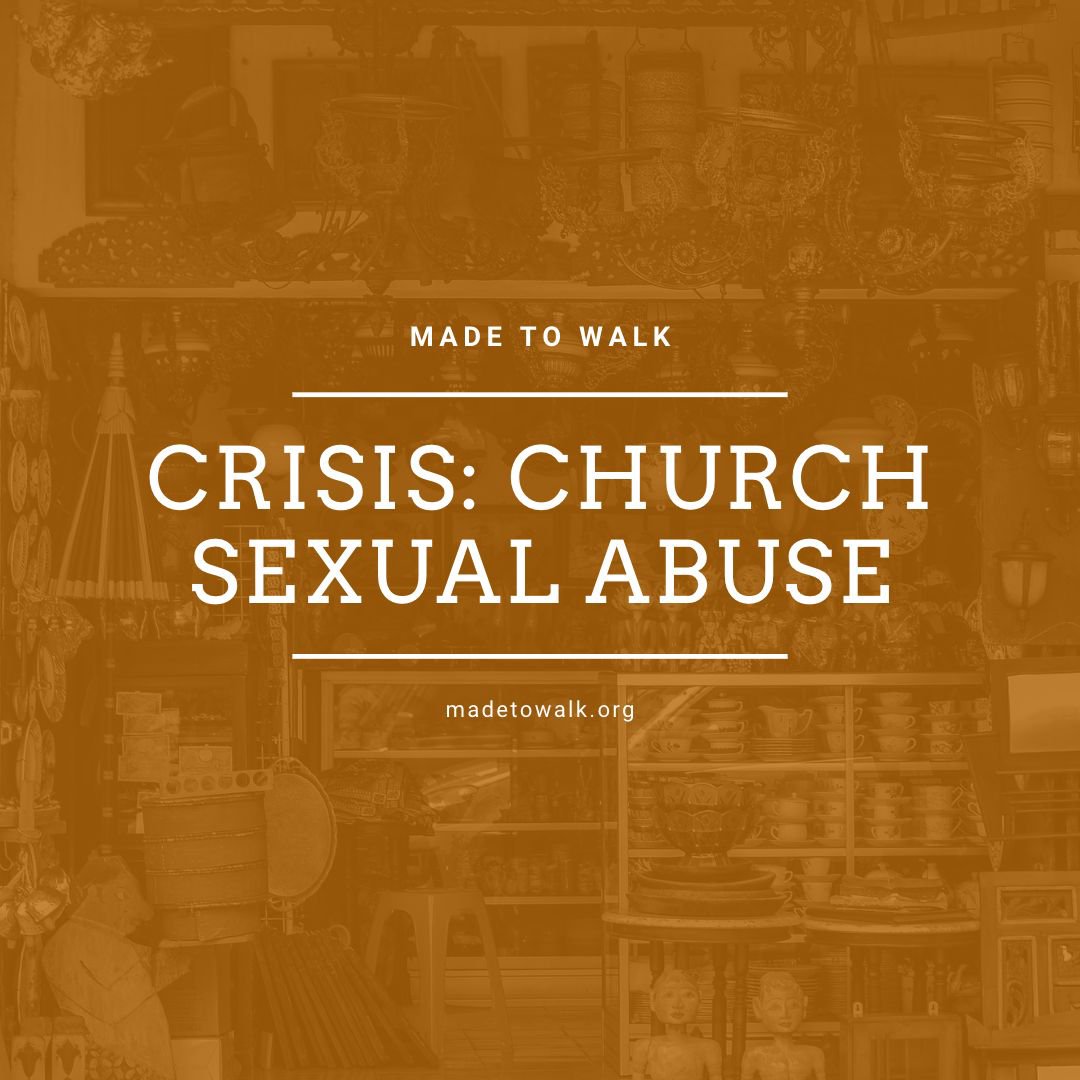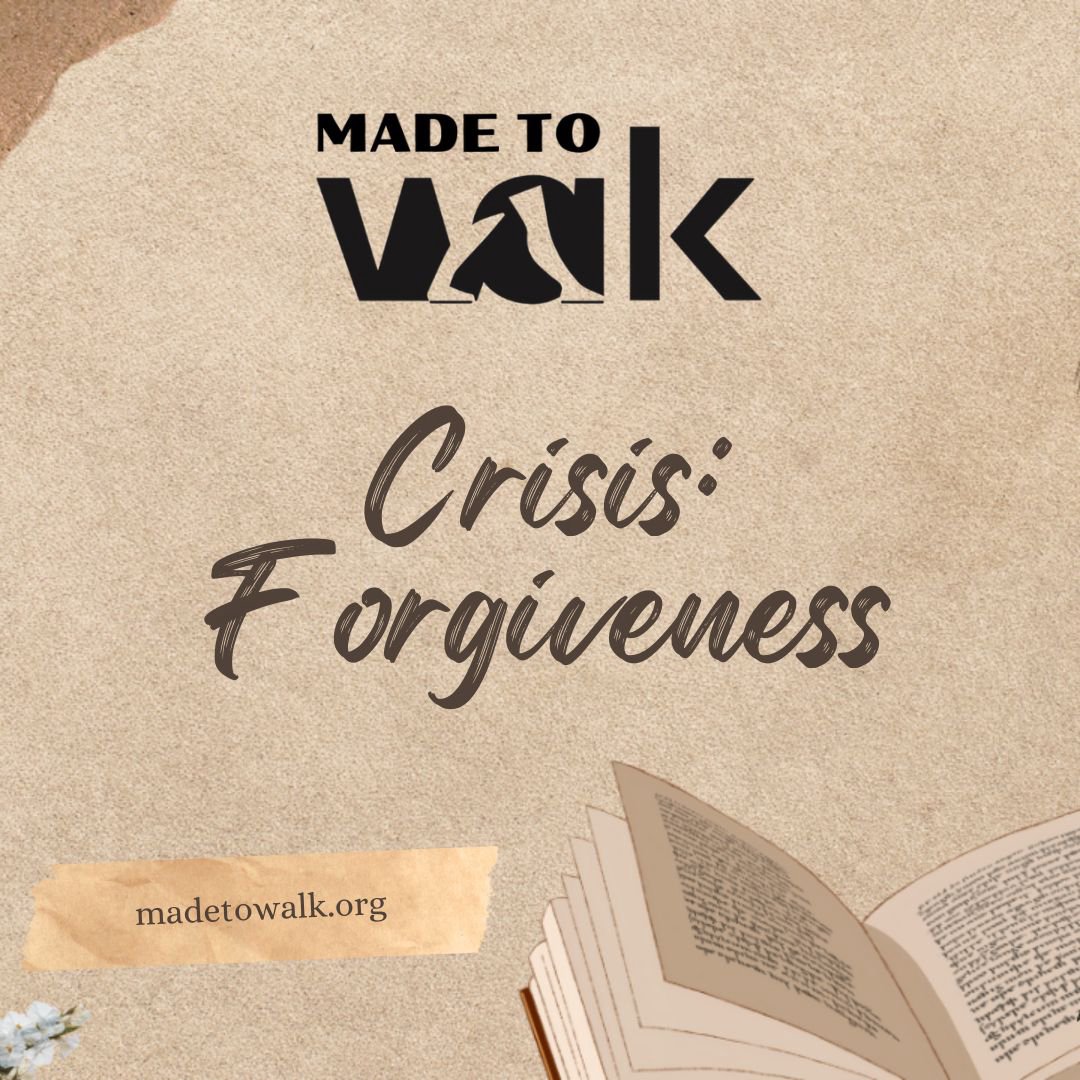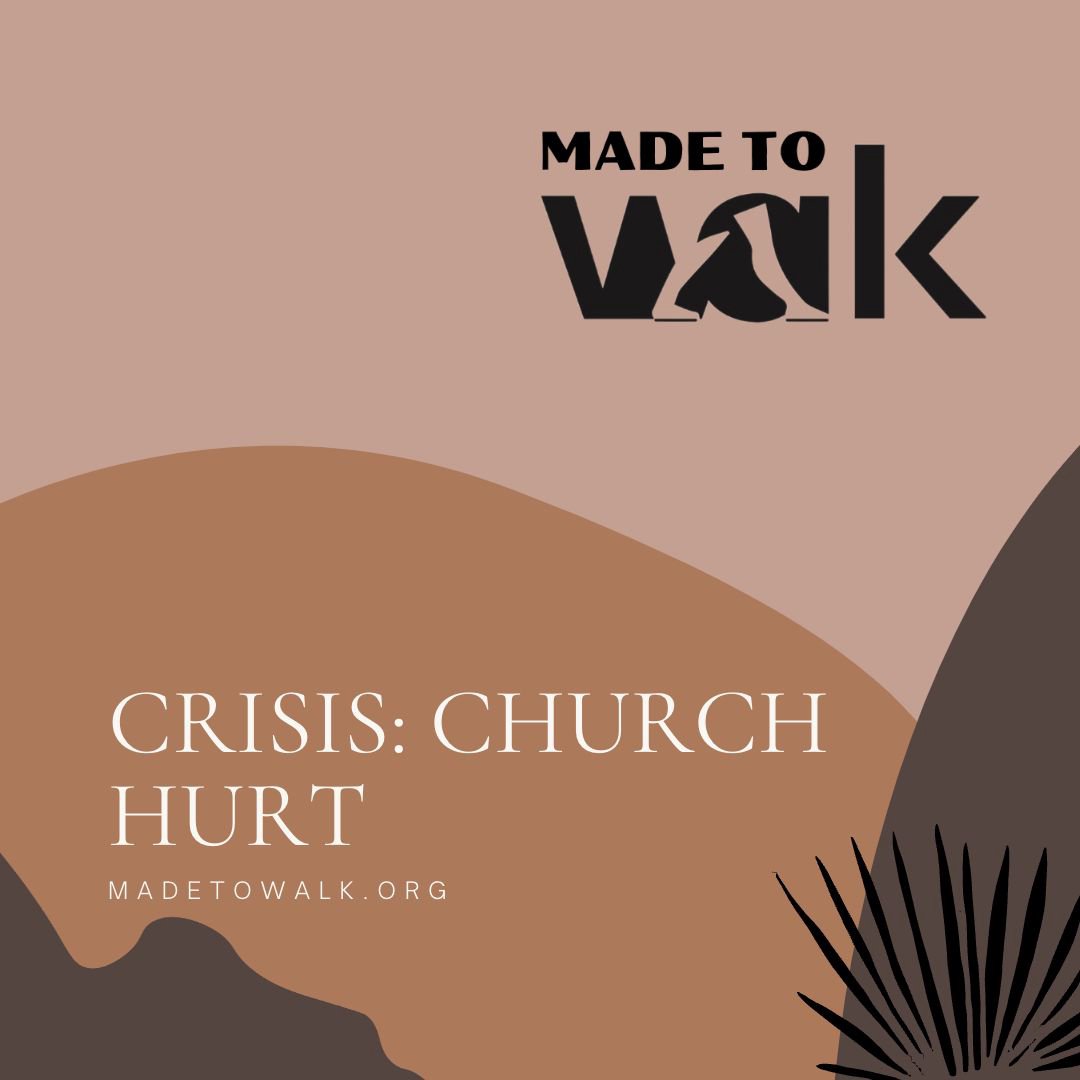Basic Liabilities
Description
Being in the crisis management industry for over a decade often has its benefits in handling hard issues. However, the one thing I often forget is that not everyone knows the basic liability concerns covered within liability insurance. Knowing your weaknesses can only strengthen your body.
Let's jump right in because there is a lot to cover.
Mobility:
-Mobility is not isolated to transportation
If you plan to meet in a different room, building, or location make sure to over-communicate. Nothing is more alarming than a frantic parent who alarms other parents about not knowing where their child is.
-Forms Protect You/ Communication Protects Families
It does not matter if you plan to drive 10 seconds or 10 hours you must have disclosure and liability waivers. Communicate arrivals/departures and give multiple contacts in case you are tied up and can't answer a parent.
-Give yourself a 10-business-day rule if you don’t have 10 days you shouldn’t be doing the event. Harmful liability usually occurs out of "lack of time." Always Pre-mortem think about all matters that could go wrong and plan accordingly.
-Never Assume. Just because it sounds like common sense does not mean that attendees will be able to process accordingly. Be as specific as possible using a Sherlock Holmes level of detail and instruction sharing.
Media:
-Live Stream is still media (post signs visible at exit and entrances.) Not everyone knows your services are live-streamed or recorded. Make sure you give appropriate (courtesy) awareness. Even if you are in a single-party consent state it is better to be transparent.
-Photography / Videography Never use personal phones always use a designated phone or media flash drive that stays on-premise. This is important because there could be crises, child photos, or evidence that needs to be secured. If it is on a personal device or leaves the premises it can no longer be "without a doubt" protected from tampering or unauthorized use.
-Drones/ Surveillance/ Audio Files: Know your state laws when using particular media. Drones should take into consideration any private properties in their shots, this could be a felony.
[Government Code Section 423.003 makes it an offense to use a UAV to record a person or privately owned property with the intent to conduct surveillance. If you capture an image with intent to conduct surveillance and your activity is not exempted under the law, you could face a Class C Misdemeanor offense]
Know if your state is a one-party recording state.
Know that in all areas you record on surveillance you also are accountable for even if you "missed" noticing a concern.
Family Engagement:
-At-Will Engagement VS Surrender Engagement. Liability for injury, while parents are responsible, will fault to negligence of the parent unless of lack of signage in an unsafe environment. So again never skip the signage.
-Signage Is Life
-Indoor VS Outdoor: Read your liability to be very sure of the protection of external (parking lot) liability as well as events off-premise. Sometimes events call for separate liability insurance.
-Medical Care and Access: Make sure you have first aid kits easily accessible. make sure fire extinguishers are visible and lit.
-Access To Hydration: If you are having any event outdoors or with physical activity have water accessible. Even if it is an ACTIVE water fountain. Even if you tell parents to send a water bottle have a case on hand.
-When In Doubt Always Report: Better to be safe and have a higher-up acknowledge a concern at an event. These could be signs of trafficking or abuse that need mandatory reporting.
On Location Signage/ Doors
-Even If You See No One It’s Never Worth The Risk. Whether it is a wet floor, a faulty piece of equipment or a storage room use signage. Document the day it was put up and photograph it.
-Lock All Doors That Are Not Necessary To Be Opened
-Set Access Alerts
-Log Keys and Doors Opened
-Place No Access Signs
Public WI-FI:
Your Crisis Management plan should include protection for cyber security.
-Isolate IoT devices these would be your thermostats, security cameras, and smart TVs, separated from your main network
-Configure the guest Wi-Fi separated subnet (segregated) and use WPA2, (this is a security protocol that uses encryption to secure networks.)
-For large groups of guests who need wireless access, create a user login portal.
-Specify your bandwidth limitations and policies by individual user or group. Give very little bandwidth per user account. There should only be enough bandwidth for email, this is more than sufficient.
-Invest in a separate router for guest Wi-Fi access.
Mandatory Reporting:
Times to call 911 and any available NGO's who can assist on-site. Build relationships with NGO's.
THREAT-
To Bodily Harm-Including Self
Acknowledge: PTSD/Veteran
INJURY-
Physical Abuse
Many states provide an exception to the definition of medical neglect for parents who choose not to seek medical care for their children due to religious beliefs.
NEGLECT
Non-Visibal-
SUBSTANCE ABUSE: Pregnant moms on substances, children with access to substances, parents using kids for access to medications, etc.
SEXUAL ABUSE: Change in behavior or a disclosure
EMOTIONAL ABUSE: Change in behavior or disclosure
HUMAN TRAFFICKING: Referring to an individual as Master etc, carrying large amounts of cash, a boyfriend who carries her wallet/phone/personal belongings, personal high-end gifts that seem out of character.
Social Media and Gaming:
-NO ACCESS on trips and overnight stays: there are privacy issues for other families' children as well as the individual. Also, a child being trafficked or abused will not be able to adapt well without a phone. It can be a good test for cause of concern.
-Shared Locations: students can share locations with unwanted guests, buyers, or transportation
-Unplanned Visitors: Never assume you know a child's lifestyle or make assumptions based on the family identity
-Never should Volunteers/Leaders be “chatting” with students directly (Document Appointments)

